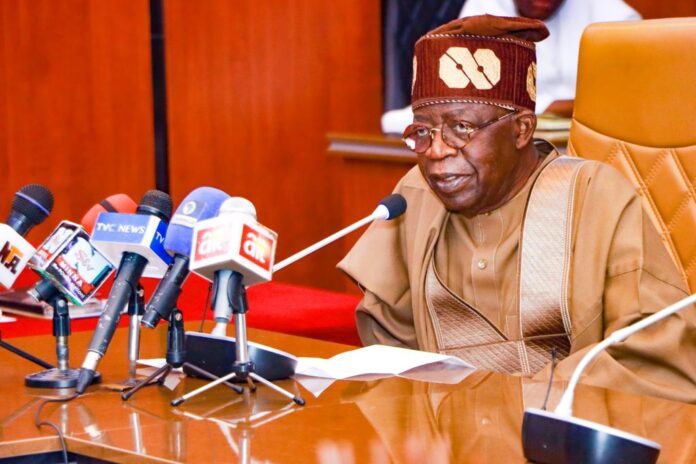President Tinubu enacts Electricity Act 2023 to spur power sector development
President Bola Ahmed Tinubu has wasted no time in taking action as he signs the Electricity Act 2023 into law, a mere ten days after his inauguration.
This act will replace the outdated Electricity and Power Sector Reform Act from 2005 and aims to provide a comprehensive framework for the post-privatization phase of the Nigerian Electricity Supply Industry (NESI) while also encouraging private sector investments.
The power sector in Nigeria has long been plagued by challenges, and this new law seeks to address them.
One of the key provisions of the Electricity Act is the de-monopolization of Nigeria’s electricity generation, transmission, and distribution at the national level.
This move aims to empower states, companies, and individuals to engage in the generation, transmission, and distribution of electricity.
Under the Act, individual states now have the authority to issue licenses to private investors, allowing them to operate mini-grids and power plants within their respective states.
However, it is important to note that interstate and transnational electricity distribution is excluded from this provision.
With the implementation of the Electricity Act 2023, the Nigerian Electricity Regulatory Commission (NERC) is granted the power to regulate the electricity sector within Nigeria.
This regulatory authority extends to the creation of electricity markets within states, while still respecting the states’ power to make their own laws in this regard.
The Act also outlines the process for transitioning regulatory responsibilities from NERC to state regulators as they are established.
Until then, NERC will continue to regulate electricity business exclusively in states without their own electricity market laws.
Additionally, NERC will maintain its oversight of cross-border regulations, specifically in relation to generation and transmission across states.
The Act empowers lawmakers by granting them the authority to exercise oversight responsibilities and functions over the NESI through the respective Committees on Power in the Senate and House of Representatives.
This authority is not limited by the supervisory powers of any government ministry over government-owned enterprises or other entities operating in the Nigerian electricity supply industry.
The Electricity Act 2023 introduces renewable generation obligations for electricity generation licensees as determined by NERC.
This means that these licensees will be required to generate power from renewable energy sources, purchase power generated from renewable energy, or procure instruments representing renewable energy generation.
Furthermore, the Act imposes renewable purchase obligations on distribution or supply licensees, further promoting the use of renewable energy sources.
Finally, the Act allows for the construction, ownership, and operation of electricity generation undertakings not exceeding 1 megawatt (MW) in aggregate at a site, or electricity distribution undertakings with a capacity not exceeding 100 kilowatts (KW) in aggregate at a site, without the need for a license. The specific capacity thresholds may be determined by NERC periodically.
Follow the Neptune Prime channel on WhatsApp:
Do you have breaking news, interview request, opinion, suggestion, or want your event covered? Email us at neptuneprime2233@gmail.com





